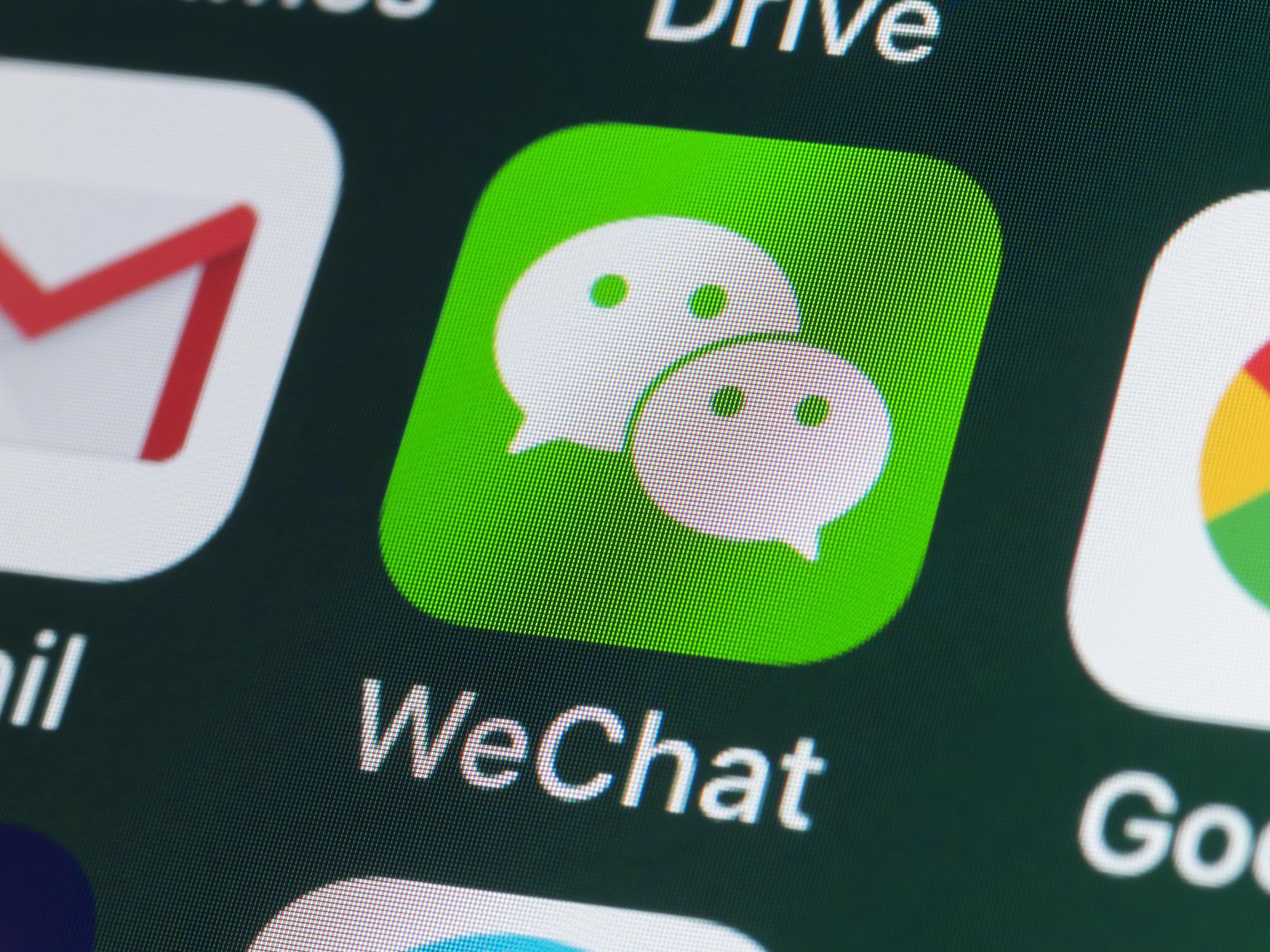Trump could ban more apps after TikTok fallout, Secretary of State hints
The messaging, payment, and app-platform WeChat might be next on the list

Your support helps us to tell the story
From reproductive rights to climate change to Big Tech, The Independent is on the ground when the story is developing. Whether it's investigating the financials of Elon Musk's pro-Trump PAC or producing our latest documentary, 'The A Word', which shines a light on the American women fighting for reproductive rights, we know how important it is to parse out the facts from the messaging.
At such a critical moment in US history, we need reporters on the ground. Your donation allows us to keep sending journalists to speak to both sides of the story.
The Independent is trusted by Americans across the entire political spectrum. And unlike many other quality news outlets, we choose not to lock Americans out of our reporting and analysis with paywalls. We believe quality journalism should be available to everyone, paid for by those who can afford it.
Your support makes all the difference.The United States is planning to take actions on other Chinese apps which it has deemed a security risk, including the messaging app WeChat.
“These Chinese software companies doing business in the United States, whether it’s TikTok or WeChat … are feeding data directly to the Chinese Communist Party, their national security apparatus,” Secretary of State Mike Pompeo said in an interview with Fox News.
“It could be their facial recognition pattern. It could be information about their residence, their phone numbers, their friends, who they’re connected to. These are true national security issues.”
Although less popular in Western markets, WeChat has become an almost ubiquitous service in countries such as China. It is used as a photo sharing app and payment method, as well as being a platform itself for ride-hailing apps, food-delivery services, games, and more.
WeChat has been reportedly receiving “official guidance” from the Chinese government, recently in relation to the coronavirus pandemic.
In March, Citizen Lab claimed that the company was blocking terms shared on its platform, including “Wuhan Unknown Pneumonia”, “travel ban”, and “people-to-people transmission”.
The concerns over the relationship between private companies and the Chinese government has been pressing since 2017, when China’s National Intelligence Law was passed.
This law requires organisations and citizens to “support, assist and cooperate with the state intelligence work”. Chinese companies have said that they would not comply with such requests, but experts have suggested it may not be possible not to fulfil the demands.
The Trump administration and other worldwide governments have already been taking action against Chinese apps.
As with WeChat, TikTok is already under threat in the United States due to perceived national security concerns. Mr Pompeo has also said in the past that the app puts American users’ “private information in the hands of the Chinese Communist Party”.
Mr Pompeo has not been explicit about what such "action" could consist of, but the president has suggested that the government is considering a ban. It is also possible that the app will be purchased by a US company from Bytedance, TikTok’s Chinese parent company.
Microsoft has already released a statement saying that it is looking into purchasing the company, and a decision should be made by 15 September.
It remains unclear how much information TikTok could pass to the Chinese government, and whether it is actually doing so. The company claims that the United States and India make the most requests for videos removed, and that it does not operate with the Chinese government.
In India 59 Chinese apps, including TikTok, have been banned in the country for similar justifications. The right-wing Indian government has claimed that said that some of the apps were “stealing and surreptitiously transmitting users’ data in an unauthorized manner to servers which have locations outside India”, but did not make any specific allegations. It comes as India and China are in a border dispute over the Galwan Valley.
Join our commenting forum
Join thought-provoking conversations, follow other Independent readers and see their replies
Comments